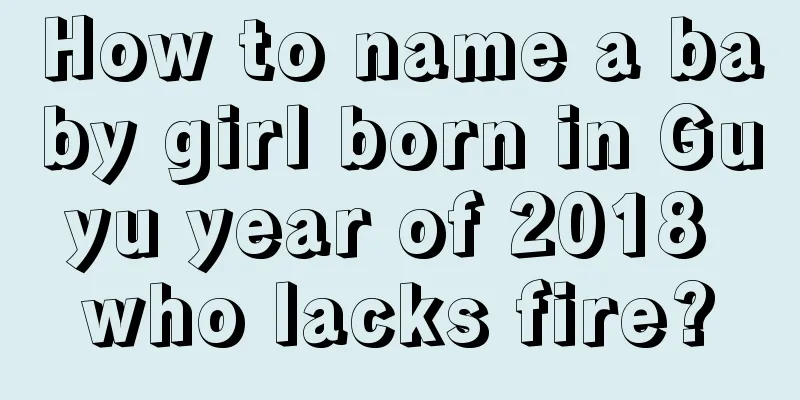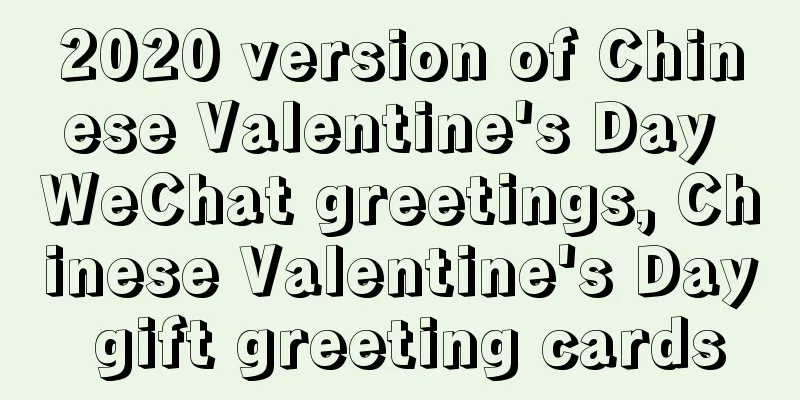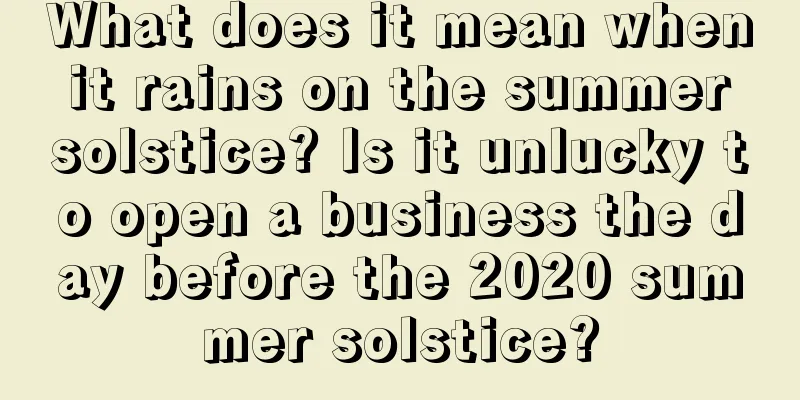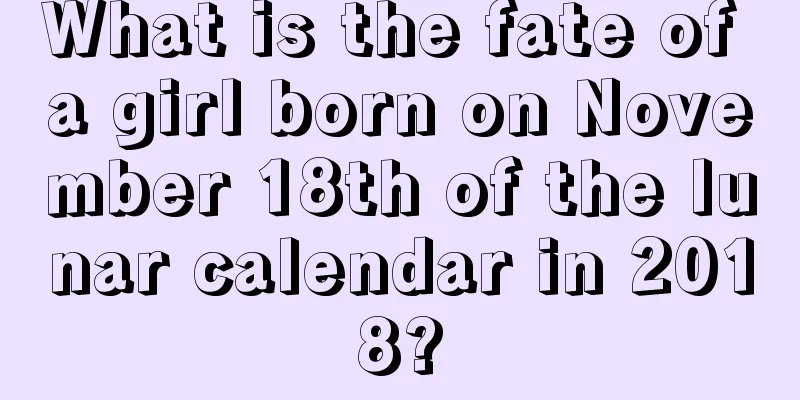What is the solar term Jingzhe? What is the origin of the solar term Jingzhe?
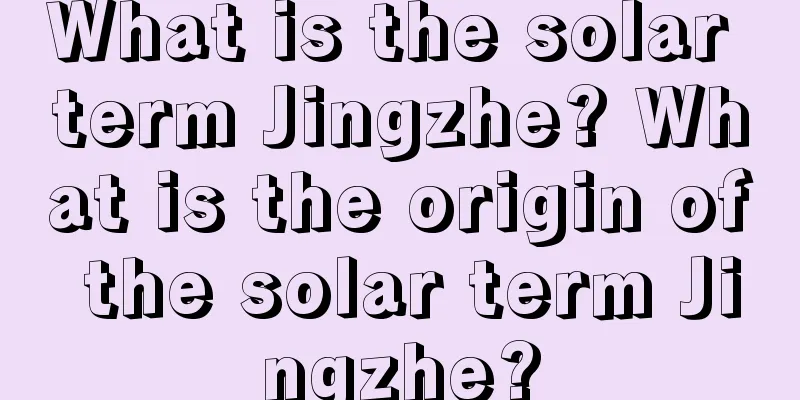
Introduction: The solar terms are one of the ancient timekeeping calendars in our country, and each solar term heralds climate change. So what is the solar term Jingzhe? What is the origin of the solar term Jingzhe? The Fortune Teller website provides you with more information related to the first month of the lunar calendar in 2018. You are welcome to learn more about it!What is the solar term Jingzhe?Jingzhe, formerly known as "Qizhe", is the third solar term in the 24 solar terms of the lunar calendar, marking the beginning of mid-spring; when the sun reaches 345° of the ecliptic longitude. "Collected Explanations of the 72 Seasonal Changes in the Lunar Calendar" states: "The second month is the season when all things emerge from the shock of thunder. Thunder is the beginning of the year, so it is called the Waking of Insects, because hibernating insects are startled and flee."Before this, animals hibernate in the ground during the winter, without eating or drinking, which is called "hibernation"; when the "Qingzhe Festival" comes, the spring thunder in the sky awakens the hibernating animals, which is called "startling". Therefore, during the Jingzhe Festival, hibernating insects wake up, the weather turns warmer, spring thunder gradually appears, and most parts of China enter the spring farming season. In ancient times, the Waking of Insects was divided into three stages: "The first stage is the beginning of peach blossoms; the second stage is the singing of orioles; the third stage is the transformation of eagles into doves." The flower signals represented by the three stages of the Waking of Insects are: "The first stage is peach blossoms, the second stage is apricot blossoms, and the third stage is roses." What is the origin of the solar term Jingzhe?Jingzhe is the third solar term among the 24 solar terms. "Qingzhe" occurs on March 5 or 6 every year when the sun reaches 345 degrees of the ecliptic longitude. Jingzhe means that the weather starts to warm up and spring thunder begins to sound, awakening the insects hibernating underground. Zhe means to hide. "Collected Explanations of the 72 Seasonal Changes" says: "In the second month, all things come out of the thunder, so it is called the Waking of Insects. The hibernating insects are startled and run away." Tao Yuanming, a poet in the Jin Dynasty, wrote a poem: "The spring rain comes soon, and the thunder starts to sound in the east. All the hibernating insects are startled, and the grass and trees grow tall." In fact, insects cannot hear thunder. It is the return of spring and the warming weather that make them end their hibernation and "run away in fright." In ancient my country, Jingzhe was divided into three stages: "The first stage is when peach blossoms begin to bloom; the second stage is when orioles sing; the third stage is when eagles turn into doves." This describes the season when peach blossoms turn red, plum blossoms turn white, orioles sing, and swallows fly, and most areas have entered the period of spring ploughing. When various insects hibernating in the soil are awakened, the eggs that have hibernated begin to hatch. This shows that Jingzhe is a solar term that reflects natural phenological phenomena. The thunder during the Waking of Insects is the most noticeable. For example: "If there is thunder before the Waking of Insects, the clouds will not clear for forty-nine days." The Jingzhe solar term is when the weather suddenly gets cold and warm. Proverbs that predict the later weather based on the temperature include: "Cold Jingzhe, warm Spring Equinox" etc. The wind during the Jingzhe Festival is also used as a basis for predicting the weather in the later period. For example, "If the north wind blows during the Waking of Insects, winter will start all over again" and "If the south wind blows during the Waking of Insects, the seedlings will be planted late." Modern meteorological science shows that the reason why there are occasional thunders before and after the "Qingzhe" is that the humidity on the ground gradually increases, causing the heat near the ground to rise or the hot and humid air moving northward is stronger and more active. Judging from the natural phenological processes in various parts of my country, due to the large north-south span, the time when spring thunder begins varies. On average over the years, thunder can be heard in southern Yunnan around the end of January, while the first thunder day in Beijing is in late April. The saying that "thunder begins with the Waking of Insects" only coincides with the climate patterns along the Yangtze River basin. During the Jingzhe solar term, people should pay attention to the weather station's forecast of strong cold air activities, be careful about changes in temperature, and prevent the spread of seasonal diseases such as colds.Summary: The above content is about [What is the solar term Jingzhe? What is the origin of the solar term Jingzhe? 】Problem analysis, hope it can help everyone! |
>>: When does Jingzhe start in 2018? What are the customs?
Recommend
Is August 14th of the lunar calendar 2021 an auspicious day? How about getting engaged?
The pros and cons of getting engaged at different ...
Can we sweep graves and burn paper money during the Qingming Festival in 2020? There are taboos and strict rules for burning paper during the Qingming Festival!
Introduction: It is generally necessary to choose ...
What month is the first month of 2019 in the lunar calendar and the solar calendar?
What month is the first month of 2019 in the lunar...
Where is the God of Wealth on the ninth day of the fifth lunar month in 2018?
The fifth month of the lunar calendar in 2018 als...
Do girls born on March 18th of the lunar calendar in 2022 have good luck? What is their fate?
The third month of the lunar calendar is tradition...
How to choose the best auspicious date for a wedding?
Introduction: It is a traditional custom of the C...
Is it a good time to get engaged on the 14th day of the 11th lunar month in 2021? What is the hexagram?
With the arrival of cold winter, is November 14th ...
What is the fate of people born in the twelfth month of the lunar calendar who are of the Pig sign? Which month brings misery to those born in the year of the Pig?
Is it good or bad for people born in the twelfth m...
Can we welcome the God of Wealth on the 14th day of the fourth lunar month in 2017? Where is the auspicious position of the God of Wealth?
Introduction: In our folk legends, the God of Weal...
Analysis of the 21st day of the sixth lunar month in 2021. How to set up the bed on that day?
It is also necessary to choose a suitable time to ...
Can I get married on September 26th of the lunar calendar in 2018?
The ninth month of the lunar calendar is called t...
Detailed explanation of the basic theories of using Feng Shui compass!
Introduction: The development process of the Chine...
When is the Dragon Boat Festival in 2021 in the lunar calendar? How many days will the Dragon Boat Festival holiday be in 2021?
The Dragon Boat Festival is the day when dragons f...
What is the difference between Qixi Festival and Valentine's Day? Is Qixi Festival Valentine's Day?
Qixi Festival is one of China's traditional fe...
Is May 29th of the lunar calendar in 2022 a good day? Is it an auspicious day to start work?
The fifth month of the lunar calendar, which is th...

